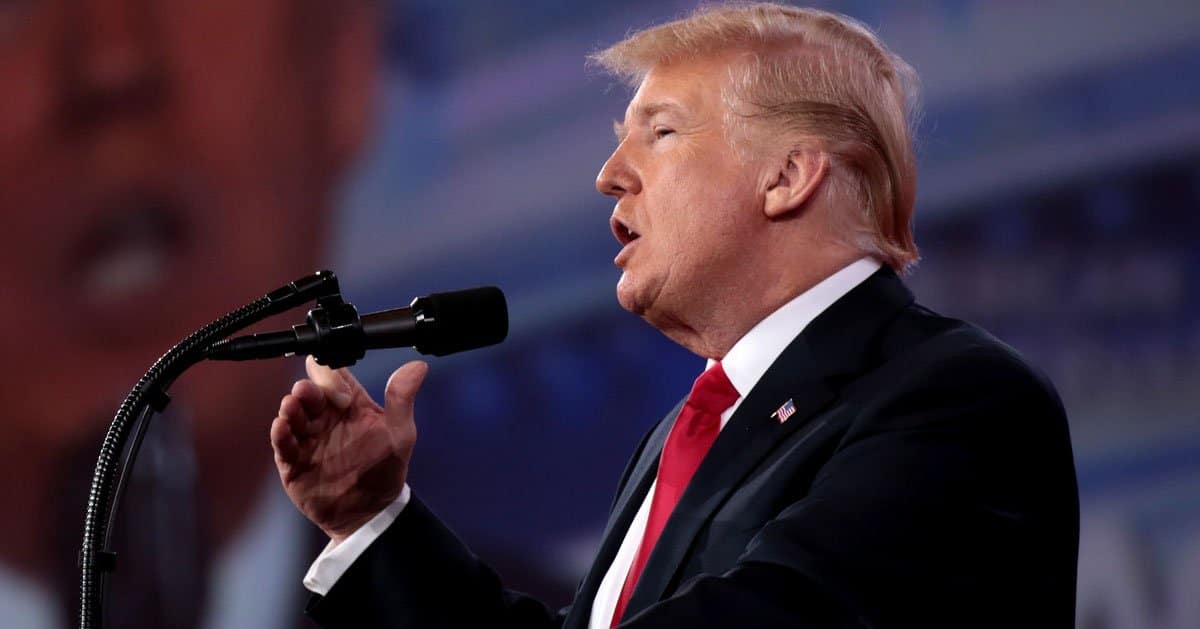







Dr. Mehmet Oz has moved one step closer to taking the helm at the Centers for Medicare and Medicaid Services after a key Senate committee narrowly approved his nomination.
CBS News reported that the result of the vote—14 to 13 along strict party lines—means that Oz's future now hinges on a full Senate review, where Vice President J.D. Vance may play a crucial role as a potential tie-breaker.
The Senate Finance Committee gave the green light to Dr. Oz's nomination, setting the stage for a Senate deliberation that could decide the next leader of one of the nation's largest federal health agencies.
In a journey marked by significant preparations and consultations, Oz has been actively meeting with Republican senators to shore up support ahead of his Senate approval proceedings.
The stakes are high, as Oz would be tasked with administering nearly $1.5 trillion in federal funds dedicated to Medicare and Medicaid, two pivotal components of the U.S. healthcare system.
The decision to advance Oz's nomination reflected a deeply polarized Senate Finance Committee. Republican members, led by Committee Chairman Sen. Mike Crapo, lauded his extensive experience as a physician and public health magnate, underscoring his aptitude for the position.
Crapo highlighted Oz's "years of experience" and pointed to his past roles as both an esteemed heart surgeon and a public communicator.
Conversely, Democratic opposition to Oz's nomination centered on ethical concerns and policy disagreements. Chief among the critics was Sen. Ron Wyden of Oregon, who called on fellow senators to resist Oz's candidacy, claiming that he "failed the test" in the confirmation hearing phase.
Wyden expressed unease over Oz's ties to President Trump’s healthcare policies, arguing these connections might influence his priorities at the CMS.
The nomination process has thrown a spotlight on certain ethical issues surrounding Dr. Oz, as critics scrutinized his professional affiliations and history.
To address these concerns, Oz has vowed to relinquish his roles at both a drugmaker and a supplement company. He also committed to divesting from healthcare companies, aligning with a precondition of an ethics agreement designed to mitigate conflicts of interest.
In addition to ethical quandaries, Oz’s past political endeavors have come under the microscope. In the 2022 political arena, he sought a Senate seat in Pennsylvania, only to be outpaced by the current incumbent, Sen. John Fetterman. Nevertheless, his enduring efforts to garner support from influential GOP senators could very well play a pivotal role going forward.
If confirmed, Dr. Oz's tenure as the leader of the CMS would unfold under the supervision of Robert F. Kennedy Jr., whose nomination as Secretary of Health and Human Services was ratified by the committee earlier this year.
This relationship would potentially impact how responsibilities are delegated and policies are shaped across the broad spectrum of public health administration.
Oz’s potential ascension to the CMS's top position underscores a broader narrative of Republican alignment around healthcare leadership.
In the Senate, GOP members can afford a loss of up to three votes before requiring Democrat assistance—a strategic consideration given the current political climate.
With the Senate poised to deliberate on this consequential nomination, the stakes are set not only for Dr. Oz but for the broader architectural landscape of U.S. healthcare policy.
The outcome of the Senate's decision will likely resonate well beyond Capitol Hill, potentially influencing healthcare administration for millions of Americans reliant on Medicare and Medicaid services.


